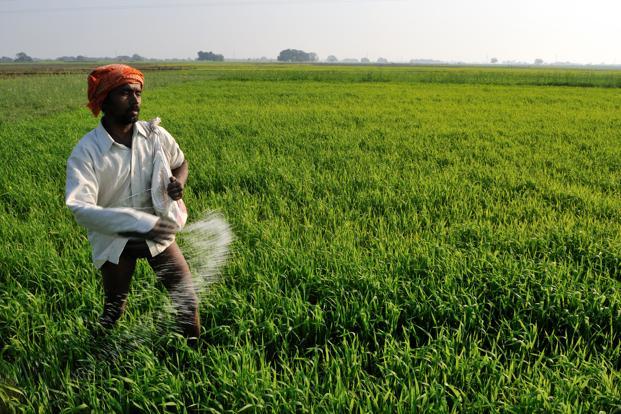ISLAMABAD: The fertiliser industry has called upon the government for a complete deregulation of the sector without gas subsidies or any other benefits because urea manufacturers are internationally competitive and can operate without any government support.
It is, however, expected that deregulation would eventually enhance the cost of urea and other nutrients, hitting the agriculture sector and even increasing the cost of food produced in country.
“To mitigate this adverse outcome, the government should implement the smart subsidy mechanism for small farmers, with the help of already applied mechanism, including the ‘Kissan Card’, Engro Fertilisers CFO Imran Ahmed told media here on Wednesday.
“By deregulating the industry and introducing weighted average cost of gas (WACOG) for all manufacturers, including indigenous gas and imported RLNG-based plants, the government could earn higher revenues and reduce the country’s fiscal imbalance,” he stressed.
He said higher gas revenue of Rs89 billion from the fertiliser industry could fund the targeted subsidy of around Rs65 billion for small landholders. Around 90 per cent of the farmers own around 48pc of the land, with a size of less than 12.5 acres.
“This implies that the majority of the government subsidies was going to the large land owners and not only that but the fertiliser sector is also facing business restrictions in the wake of this policy to keep the prices of urea low in the country,” he said.
On the other hand, the CFO said the fertiliser industry plays a critical role to ensure the food security of Pakistan by providing adequate and affordable supply of urea.
He was of the view that the government was providing the industry a feed gas subsidy on spot basis of Rs842 per bag, while the industry was passing on six times more benefit to the farmers through a discount of Rs5,000 per bag as compared to the international levels.
Through import substitution, he said, the fertiliser sector cvould contribute more than $3 billion towards reducing the trade deficit in 2021.
As a result of the significantly lower prices, Imran said the local fertiliser industry would save farmers from an additional burden of Rs363 billion in 2021 as well.
He said 96pc of the income attributable to shareholders of the fertiliser companies was contributed towards national exchequer last year.
























